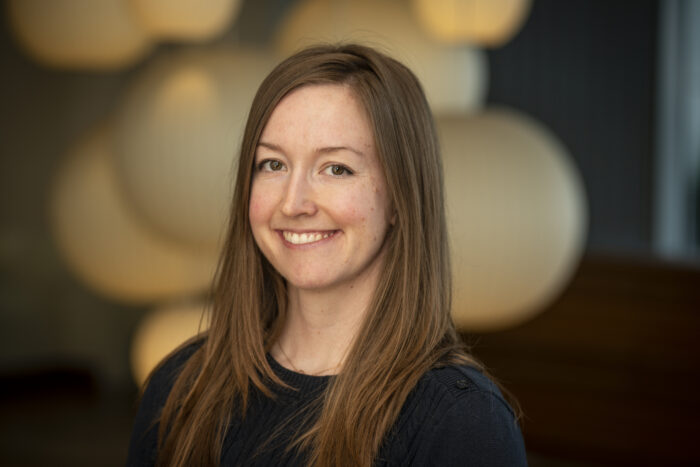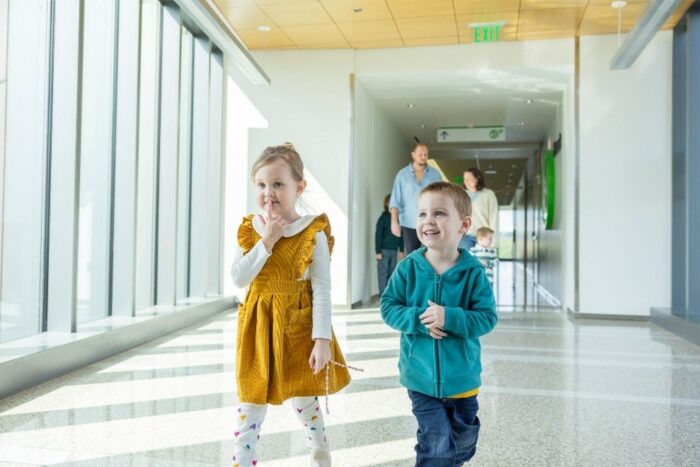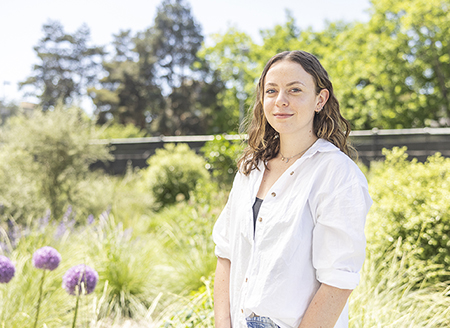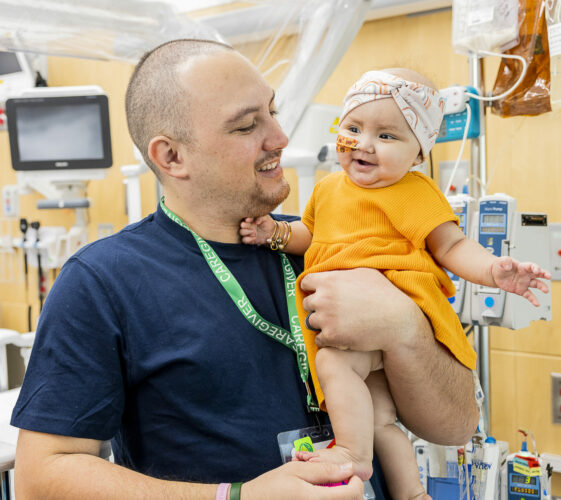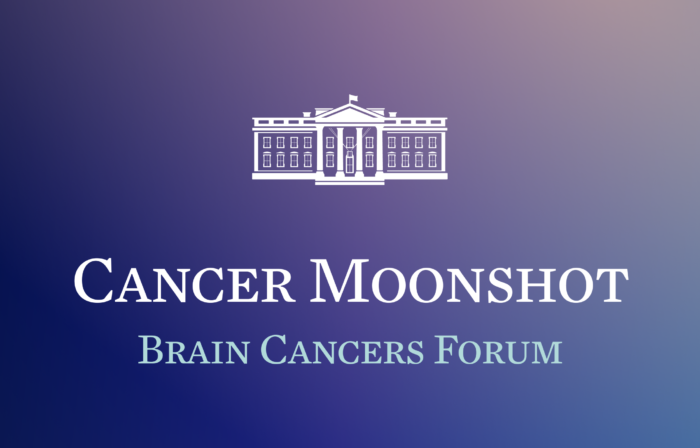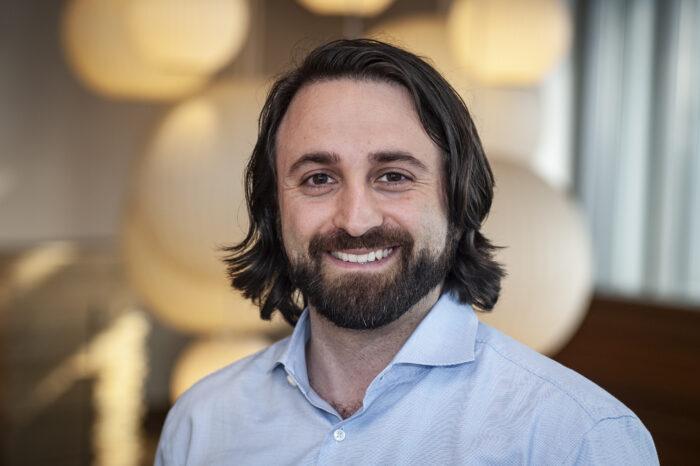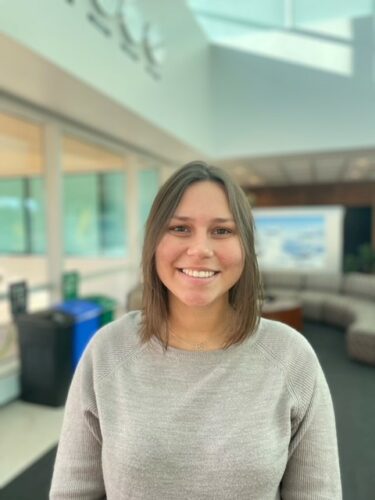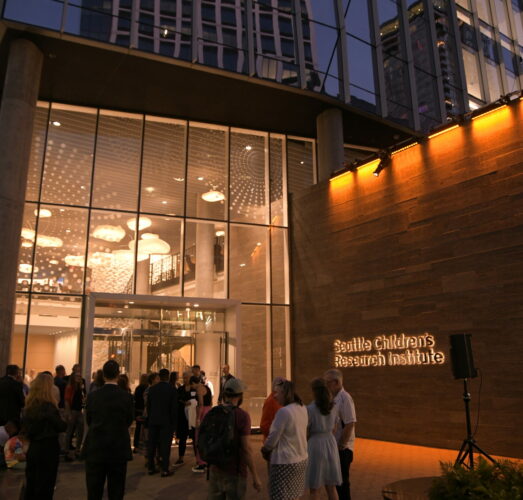This article was originally published on the JAMA Network by Dr. Molly Taylor, an attending physician for Seattle Children’s Cancer and Blood Disorder Center and a researcher who runs the Biobehavioral Oncology Research Program in the Ben Towne Center for Childhood Cancer Research at Seattle Children’s Research Institute. [Content warning: Please be aware this article discusses grief and loss. Support […]
In 2019, Samantha and Kyle Hatch received wonderful news: Samantha was pregnant with identical twins. The couple already had two kids, Ben and Penny, and envisioned all of the roughhousing, road trips and happy mayhem that comes with four children. But everything changed when a routine ultrasound showed that one of the twins, William, had […]
Before she was diagnosed with high-risk acute lymphoblastic lymphoma (ALL), Kinsey was an active 15-year-old who enjoyed competitive horseback riding, spending time with her family and friends, and dreaming about what her future might look like. Less than two months into her cancer treatment at Seattle Children’s, however, Kinsey became a shell of herself. While […]
At just 19 years old, Faye, an avid swimmer and college freshman at Northeastern University, found her life plans on hold when she began experiencing fevers and flu-like symptoms. When her temperature reached 104 degrees, Faye called an Uber and headed to the nearest emergency department. While at Boston Medical Center, providers discovered Faye had […]
In Seattle Children’s Cancer and Blood Disorders Center (CBDC), patients are treated for some of the most complex and rare conditions seen in children, teens and young adults. Close ties and dual roles between the CBDC care team and Seattle Children’s researchers extends a unique, team approach to treating pediatric patients in their fight against […]
The White House recently convened patients, caregivers, oncologists, researchers and administration officials for the Cancer Moonshot Brain Cancers Forum as the administration moves to advance progress for patients with glioblastoma (GBM) and diffuse intrinsic pontine glioma (DIPG). Among the attendees invited was Dr. Nicholas Vitanza, an attending physician in Seattle Children’s Cancer and Blood Disorders […]
Seattle Children’s Therapeutics has launched BrainChild-04, a first-in-human phase 1 clinical trial that will be our first chimeric antigen receptor (CAR) T-cell clinical trial that targets four antigens at the same time, by delivering CAR T cells directly to the brain. The trial is for children, teens, and young adults with diffuse intrinsic pontine glioma […]
PART ONE: From witnessing exceptional care and compassion given to children in their own lives, to receiving treatment first-hand, this weekly series features Seattle Children’s employees and the life experiences that drove them to pursue careers in healthcare. Shortly after Sofia Carlo finished the sixth grade, she started experiencing bouts of intense back pain. “I […]
On Thursday, September 8, 2022, Building Cure was lit up in honor of National Childhood Cancer Awareness Month. As part of the celebration, Seattle Children’s Foundation and Guild Association hosted an event at the space to recognize and thank donors who support pediatric cancer care and research. It was also an opportunity for supporters to […]
Dr. Abby R. Rosenberg, formerly of Seattle Children’s Research Institute (SCRI); an associate professor of pediatric hematology/oncology at the University of Washington (UW); director of pediatrics at the UW Cambia Palliative Care Center of Excellence; and director of survivorship and outcomes research in pediatric oncology at the UW, has been awarded the 2021 Trish Greene […]

